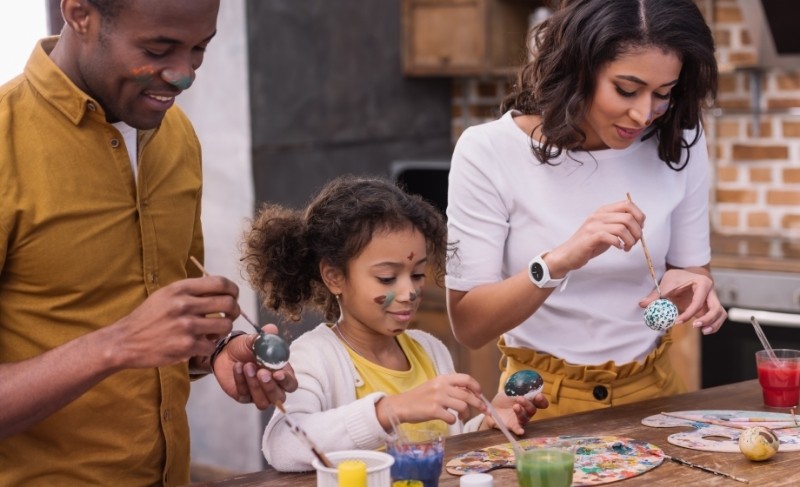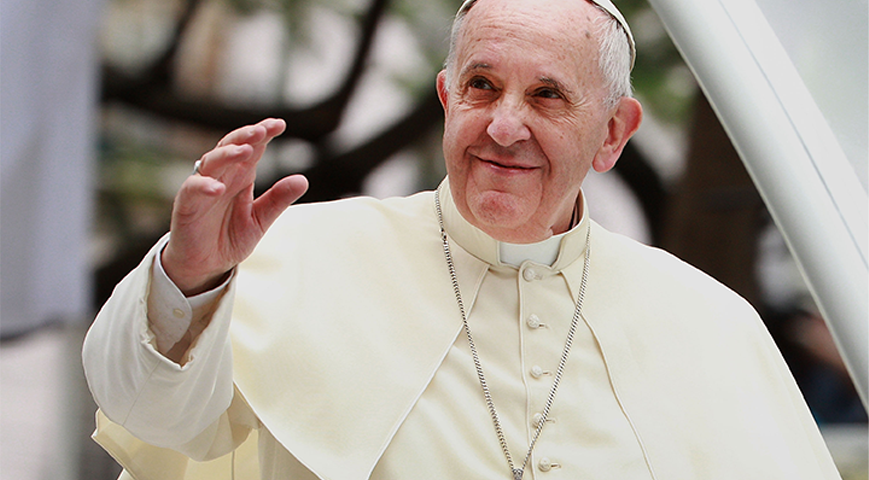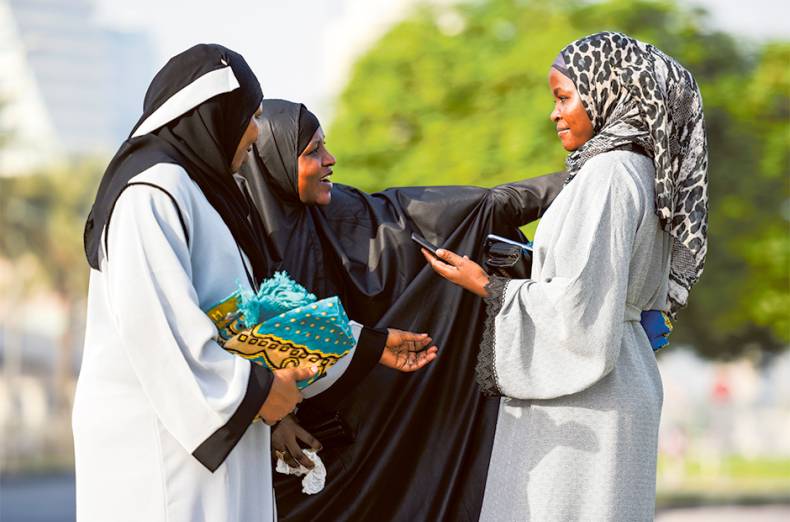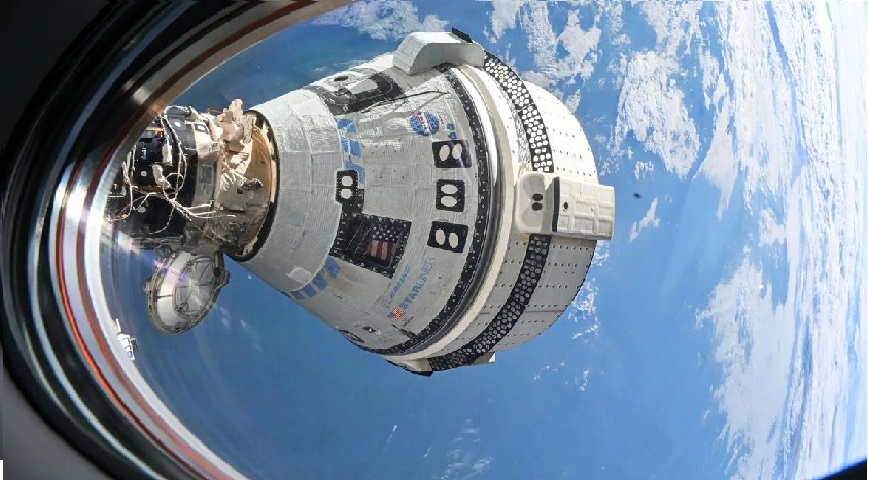Easter is a time of joy and celebration, marked by traditions such as egg hunts, family gatherings and festive meals. However, it is also a time when a significant amount of waste can be generated, from plastic egg fillings to excess food packaging.
As we strive for more sustainable and environmentally friendly practices, incorporating zero-waste principles into our Easter celebrations can be a meaningful and effective way to reduce our ecological footprint. This article will explore ideas for a zero-waste Easter, focusing on reducing waste in three key areas: decorations, gifts, and food.

One of the first areas we can influence is the decorations used during Easter. Instead of buying single-use plastic ornaments, consider choosing natural and reusable options. For example, you can create your own Easter decorations from recycled materials such as egg cartons or cardboard to make an egg crown, bunny or crown. Organic materials such as fresh flowers, branches, and leaves can create lovely centrepieces or table decor. If you want to decorate your home with lights, consider choosing LED lights or energy-saving lights and remembering to turn them off whenever not in use to save electricity.
Did you read this?
When it comes to gifts, consider giving meaningful and sustainable gifts that are in keeping with the zero-waste ethos. Instead of Easter baskets filled with plastic, consider cloth bags, baskets made from natural materials or even reusable containers. Fill them with eco-friendly gifts like organic chocolate, local delicacies or fair trade products.
You can also consider non-material gifts such as a family picnic, a field trip or a day at a local farm. Another idea is to donate seeds or potted plants that can be planted and cared for to promote sustainability and biodiversity. Encouraging children to value experiences and nature over material possessions can foster a better connection with the environment and promote zero waste.

Food is central to Easter and is an area where we can make significant changes to reduce waste. Start by planning your meals carefully and buying only what you need. Avoid overbuying and reduce food waste by creatively using food scraps or composting them. Choose locally produced and organic products whenever possible to support local farmers and reduce the carbon footprint associated with transportation.
Consider buying food in bulk or retail packages from stores. When shopping, bring reusable bags, plates, and utensils, and select products with minimum or recyclable packaging. Use reusable plates, cups, and cutlery rather than disposable plates, cups, and cutlery when hosting a meeting, and designate a separate location for compost and recycling. To prevent using disposable containers, encourage visitors to bring recyclable containers for leftovers.
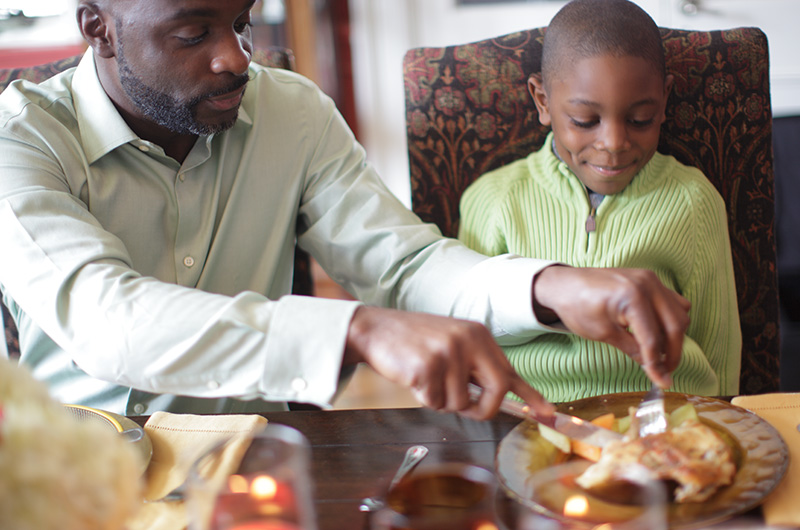
Another way to reduce waste during Easter is to choose eco-friendly egg alternatives. Plastic eggs used in traditional egg hunts can take hundreds of years to decompose in landfills, increasing plastic pollution. Instead, consider using reusable eggs made from durable materials like wood, metal, or ceramic that can be used year after year.
You can fill them with small treats like chocolate, dried fruit or nuts, or even handwritten notes or seeds. Consider using real eggs in your egg hunt for a more sustainable option. Cook and dye hard-boiled eggs with natural vegetable or fruit dyes or create unique and colourful patterns with food stamps. After the egg hunt, the hard-boiled eggs can be used as food, reducing waste.

